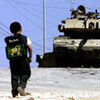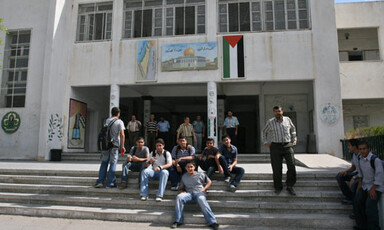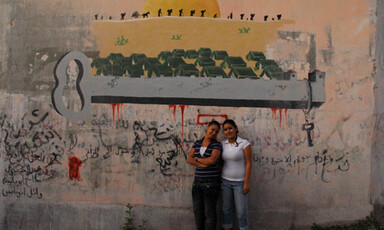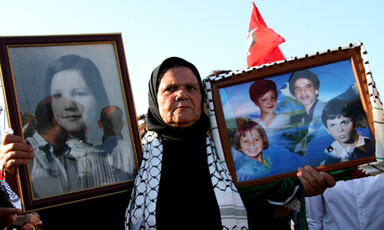
Audio: Crossing the Line interviews Kathleen and Bill Christison
18 September 2007
This week on Crossing The Line: Host Christopher Brown speaks with Bill and Kathleen Christison both formerly of the CIA. Bill was a senior official of the CIA and served as a National Intelligence Officer and as Director of the CIA’s Office of Regional and Political Analysis. Kathleen is a former CIA political analyst and has worked on Middle East issues for 30 years. She is the author of Perceptions of Palestine and The Wound of Dispossession. Brown talks with two about the recent leak of an Israeli document which outlines a final status for a Palestinian state. Read more about Audio: Crossing the Line interviews Kathleen and Bill Christison








